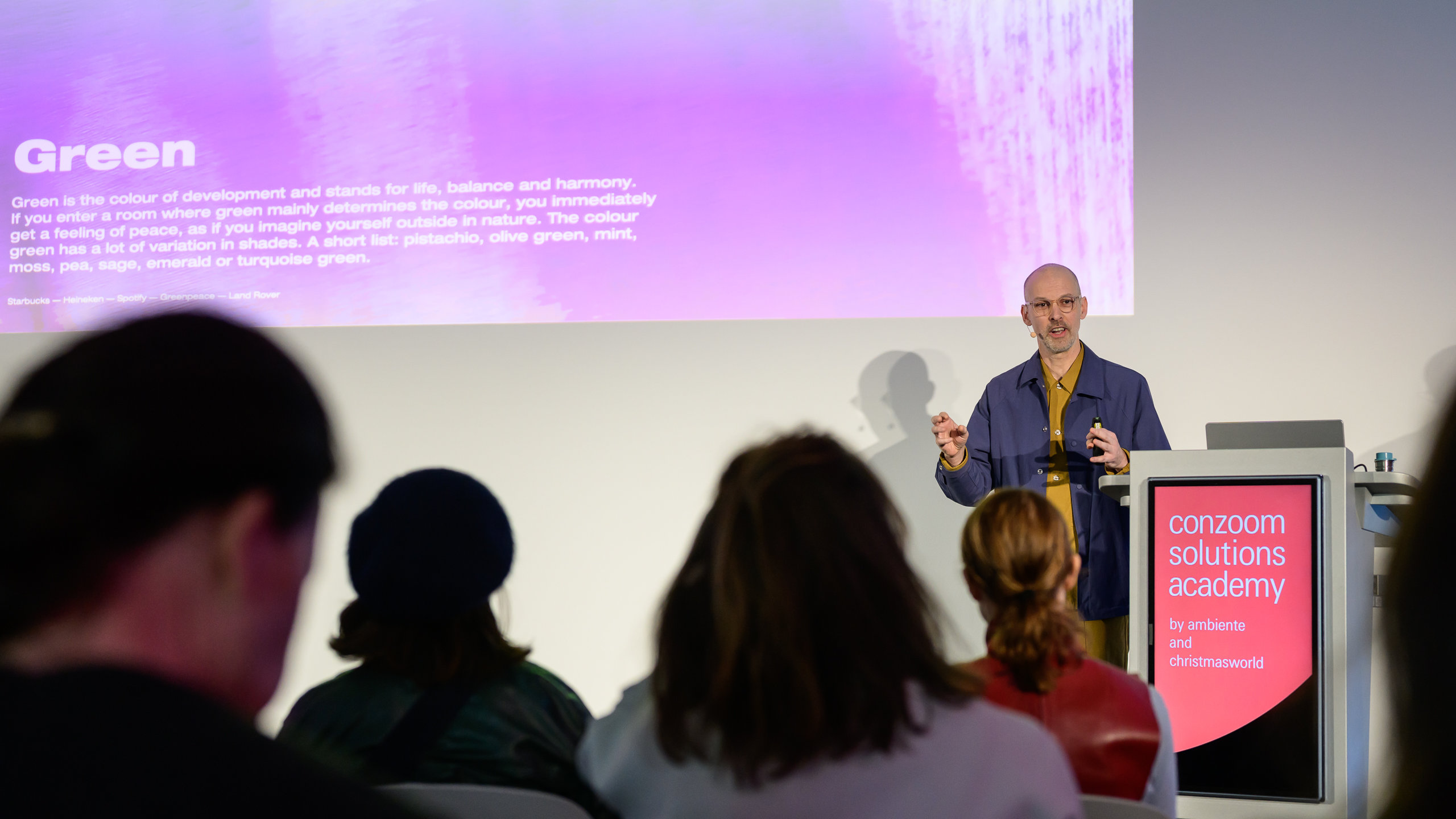A fresh look at retail. Read articles from our Conzoom experts on current topics. Discover useful insights and a wealth of inspiration.
All expert articles
My interests
You have the choice
What are you particularly interested in?
Once you have selected your personal interests, the content will be customised for you.
